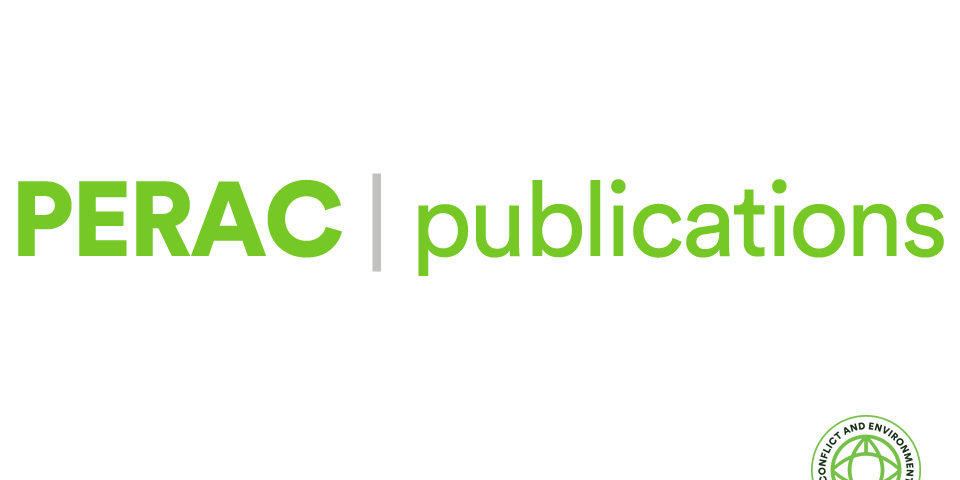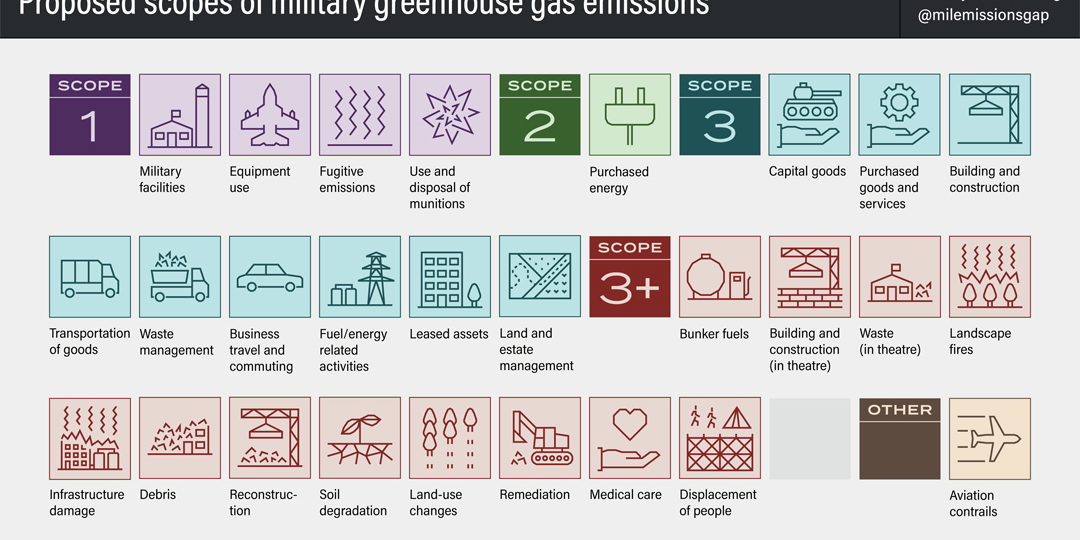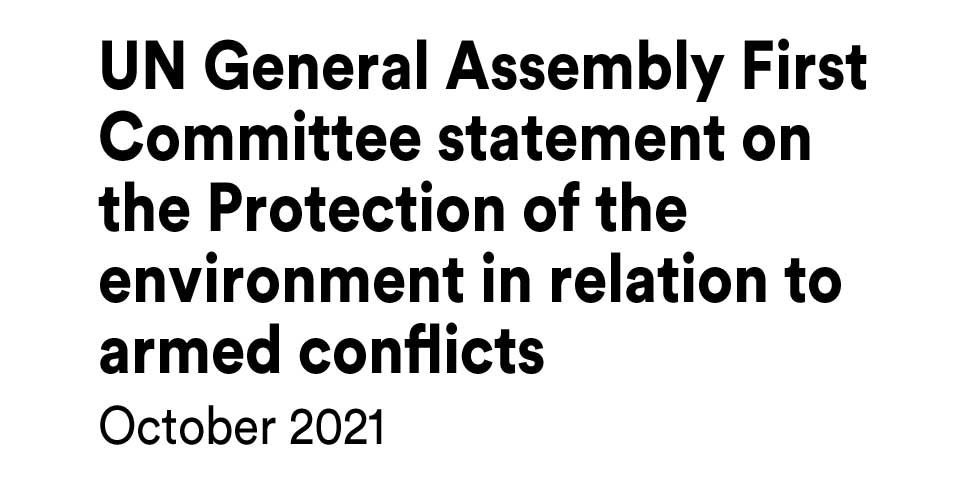Explore our PERAC publications
For nearly a decade we have been publishing blog posts and reports on the emerging legal framework protecting the environment in relation to armed conflicts, and monitoring and reporting on UN meetings, we’ve now brought our PERAC publications together into one place.








